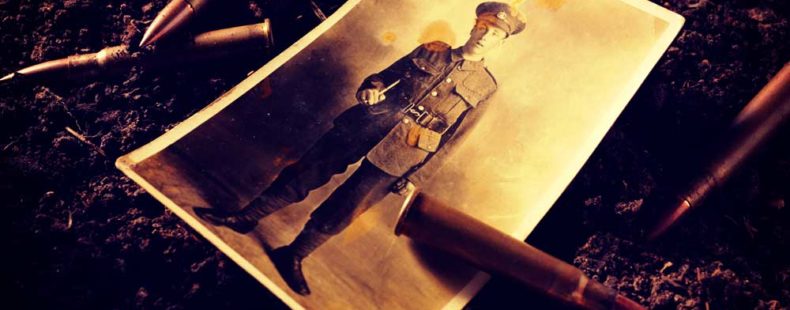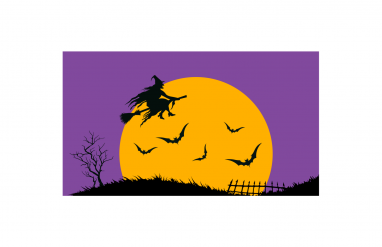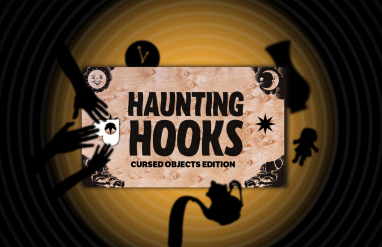crossing the Rubicon
In 49 b.c., this guy by the name of Julius Caesar took a casual—OK, big—step when he decided to cross the Rubicon, a river in northern Italy. Why was this such a big deal?
When he was commanded to end his generalship, Caesar and his army refused, crossing over the Rubicon, which marked a boundary into territory over which he had no rule or right.
The Roman government considered this treasonous, and, from the resulting conflict it spurred, Caesar emerged as dictator, ending the Roman Republic.
Crossing the rubicon remains a euphemism for something which has reached the point of no return, for taking decisive, irrevocable action.
















